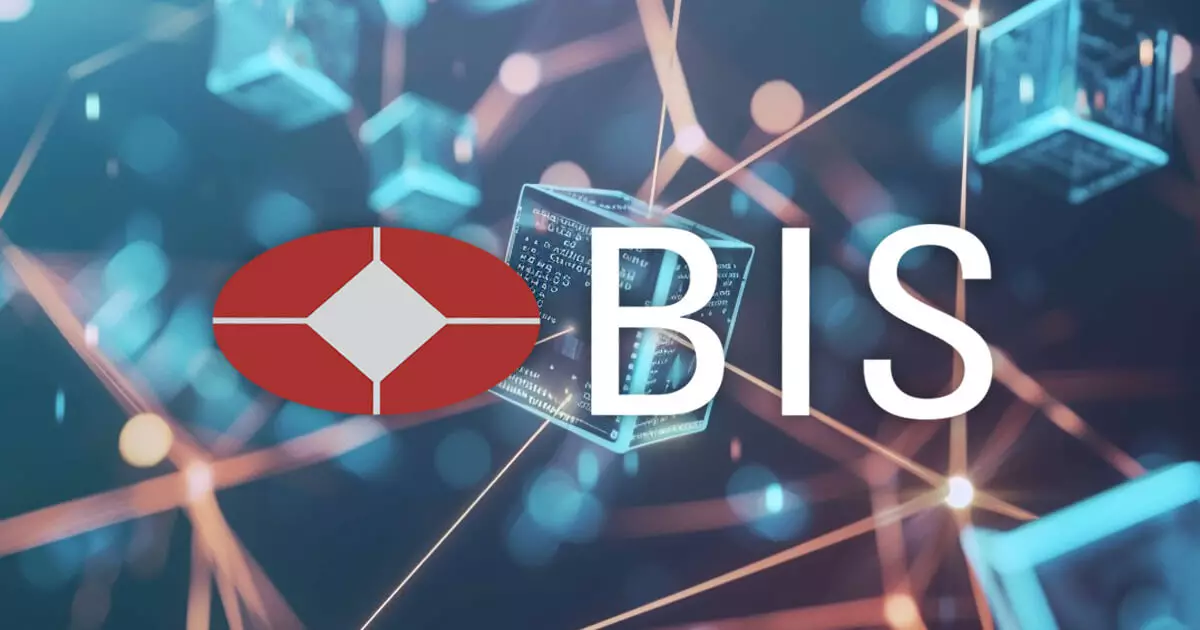In an era marked by globalization and increasing financial interdependence, the need for effective cross-border transaction protocols has never been greater. The Bank for International Settlements (BIS), in collaboration with several influential central banks—including those of Australia, Korea, Malaysia, and Singapore—has launched a groundbreaking initiative known as Project Mandala. Announced on October 28, this project aims to streamline regulatory compliance in cross-border transactions, addressing complex challenges posed by varying legal frameworks across jurisdictions. The initiative embodies a commitment to enhancing international trade and finance, making compliance not just a regulatory hurdle but a cornerstone of efficient transaction processes.
Cross-border transactions inherently confront myriad regulatory challenges, primarily stemming from disparate compliance standards around the globe. These inconsistencies often translate to higher operational costs and protracted transaction times. Project Mandala seeks to alleviate these pain points by implementing a compliance-by-design approach, evolving the manner in which financial institutions engage in transactions. Maha El Dimachki, who leads the BIS Innovation Hub Singapore Centre, emphasizes the project’s intention to safeguard privacy while ensuring that robust regulatory checks remain intact. In doing so, Mandala aims to foster a more transparent environment for international financial exchanges, ultimately promoting trust among participating countries and regulators.
At the heart of Project Mandala is a sophisticated decentralized system designed to revolutionize how cross-border payments are processed. This system encompasses a peer-to-peer messaging framework, a rules engine, and a compliance proof engine. Together, these components work harmoniously to ensure that all necessary compliance checks are completed prior to executing a payment. This procedural innovation promises not only to streamline transaction speeds but also to fortify the integrity of cross-border financial exchanges. Once compliance is verified, the Mandala system generates proof to accompany digital assets and payment instructions, enhancing the reliability of these transactions.
A significant strength of Project Mandala lies in its capability to integrate seamlessly with existing payment infrastructures and emerging technologies. This dual compatibility with established systems like SWIFT and forthcoming innovations such as wholesale central bank digital currencies (CBDCs) positions Mandala as a versatile framework for both current and future financial landscapes. By embedding compliance features within smart contracts, Mandala opens doors to programmable compliance for digital assets, thereby enhancing operational efficiency and reducing compliance-related delays.
As Project Mandala advances beyond its proof-of-concept stage, it aligns closely with G20 objectives aimed at improving cross-border payments. Its promise of cost reduction and transaction acceleration, coupled with unwavering compliance adherence, marks a significant leap forward in reshaping the financial transaction landscape. By fostering an environment where compliance is ingrained in the transaction workflow, Project Mandala positions itself as a catalyst for a more interconnected and efficient global economy. The journey towards perfecting cross-border transactions is underway, paving the way for a more seamless financial future.








